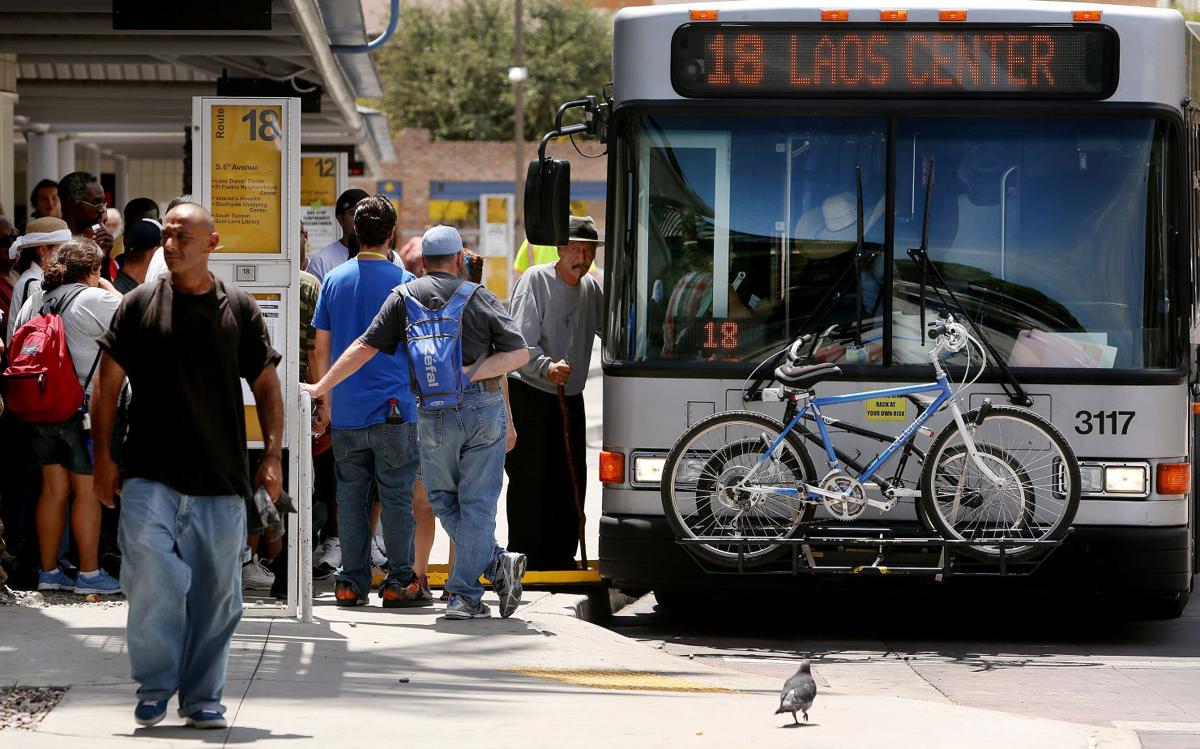Nearly five months after a labor strike slowed city bus services to a crawl, the Tucson City Council began Tuesday to examine different options for delivering transit services.
In October, the council approved talks with the Pima Association of Governments and other groups to identify potential new models, and several council members were frustrated that it took this long to get started.
“We’ve been talking about talking about having this conversation for months if not years,” said Councilman Steve Kozachik.
Mayor Jonathan Roths-child said, “This is just the beginning of the conversation that we’ve been asking for.”
With the help of PAG Executive Director Farhad Moghimi and consultant Tim Reynolds of Parsons Brinckerhoff, the council discussed “the who” and “the how” of transit operating models.
“The who” included options for organizing as a regional transit authority, with a structure approved by the Legislature and taxing approved by local voters, or a joint-powers authority, with an agreement of local governments to work together on operations and costs.
“The how” included four common models that varied as to private or public management and public or private service delivery.
“The city’s model to date has been to delegate responsibility to a private management company but essentially carry all the risk, and what we learned today is there is any number of factors that can be negotiated where we could shift risk to the management company,” Rothschild said. “I think it opens up for us a whole new way of thinking about how to deliver transit.”
The next step is talking to other jurisdictions in the metro area about ways to partner and work toward a vision developed by PAG.
PAG is working on updating its 30-year plan for transit service, Moghimi said The main goal is to increase ridership by reducing travel time and improve access to jobs and other key destinations, he said.
Projected costs are $3 billion for 30 years to maintain the current level of service and $1.3 billion more to expand it, but local leaders will have to figure out how to pay for it.
The city has a more immediate transit cost problem to solve.
Teamsters Local 104 and Sun Tran management firm Professional Transit Management signed a two-year contract, good until June 30, 2017. Year Three will bring a $500,000 increase in personnel costs.
Michael Tamarack and Vera Lander, members of the Tucson Bus Riders Union who observed the council meeting, said the discussion is off to a good start, but started a little late.
There haven’t been any stakeholder meetings yet, and Lander said she wants to see the council follow through on its request for an examination of different operating models.





